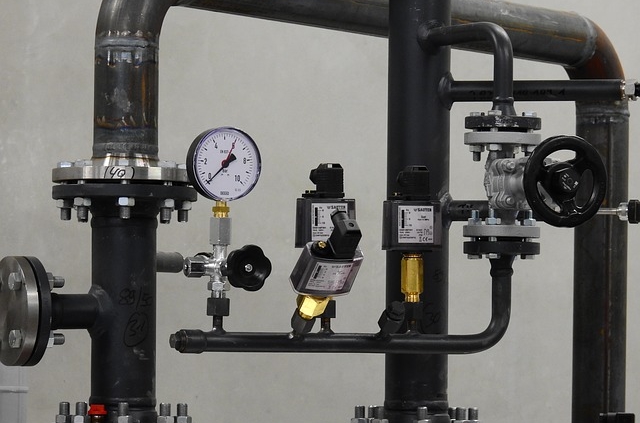The average US home spends $2,200 on utility costs every year. 50% of the utility costs are for heating and cooling alone. Most homes have boilers or furnaces powered by natural gas, propane or electricity. Other models use wood or home heating oil to heat your home through radiators.
Shopping for a residential boiler can be confusing. Not only do you have to know the different brands but their features too.
Are you building or remodeling your home? Looking for the best residential boiler to heat your home.
This article teaches you how to choose the best residential boiler for home heating.
Condensing vs Non-Condensing Boiler
When shopping for a residential boiler, you will come across a condensing and a non-condensing model. A condensing boiler has more than one large heat exchanger. It works by capturing hot exhaust gases which are then used to heat water. Condensing boilers are energy efficient compared to the non-condensing models.
The non-condensing model has a single combustion chamber and heat exchanger. Cold water flows via the inlet and released in the chamber. A gas burner heats the water, it rises and exits via the outlet pipe. Heat is distributed around the house.
Capacity
It is important to buy the best boiler that meets your needs efficiently. As you shop, check the boiler capacity. The capacity is measured in BTUs. This value represents the energy required to heat a pound of water to one degree F.
Every homeowner needs best boilers for home heating with a different BTU. Here is a simple hack to ease your shopping experience. If your home is in a cold climate, you need 50 BTU per square foot of indoor space. If the area experiences a moderate climate, you need 35 BTU per square foot and 20 BTU for a home in a hot climate.
Type of Residential Boiler
Boilers use gas, oil or electricity to heat. Gas powered boilers can use propane or natural gas. Not every home is connected to the gas pipeline. For those that are not, propane is an alternative fuel.
Oil powered boilers are also common in areas where gas pipelines are not available. If you buy one, make sure you have heating oil delivered. You may need to have a storage tank. Like gas-fired boilers, oil fired boilers are expensive to operate. This is true if you take into account the rising petroleum costs.
Electric models are energy efficient. To save on utility bills, find a model that is ENERGY STAR certified.
Fuel Utilization Efficiency
It is important to check the annual fuel utilization efficiency rating of the model. This value tells you how effective the residential boiler system can convert fuel into heat. If you find a home boiler system with an 85% AFUE rating, then the model is a high-efficiency boiler. Such a residential boiler will likely be ENERGY STAR certified, too.
Oil fired boilers have an AFUE rating of between 80% to 90% while gas-fired models have 89% to 98% AFUE rating. For electric boilers, they have 100% AFUE rating. This is a good option for homes where electricity cost is low.
Power vs Direct Vent Boilers
A power vent home boiler system is versatile. It does not need a vent pipe to exhaust its gases. Instead, it uses a blower to pull fresh air into the chamber. As such, it is ideal for installing anywhere in your home.
If you are remodeling your home and plan on moving your residential boiler, you have to move the pipes too. Remember, relocating your existing power vent boiler can increase costs.
The direct vent model has a vent pipe where its flue gases terminate. It draws air from outdoors for use in combustion within the chamber. This model requires fresh air consistently. If there is not enough fresh air, it will begin to corrode at the top.
Best Boilers for Home Heating
To extend the lifespan of your residential boiler, have a maintenance plan in place. This means once or twice a year, a professional contractor will take a look at the boiler. In case any key components are damaged, replacement or repairs are made. This will cut the costs of running the unit.
Looking for a professional contractor to install your best boiler for home heating? We can help. Contact us today!




Leave a Reply
Want to join the discussion?Feel free to contribute!